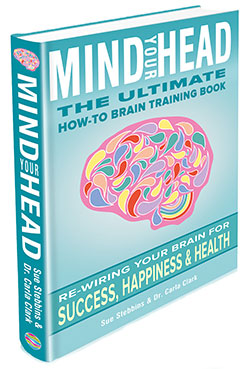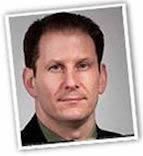Are There People Who Do Not Experience Imagery?
(And why does it matter?)
Nigel J. T. Thomas
Page 3
Source: http://www.imagery-imagination.com/non-im.htm
John Preston:
(iii) where I might find good literature on questions like this.
As Preston is probably well aware, the literature of the well known "analog/propositional" debate, as discussed in the collections edited by Block (1981a, 1981b), by Tye (1991), and in many publications by Pylyshyn, Kosslyn, Anderson, and others (for further citations see Thomas, 1999a, 2001), is almost totally irrelevant to the questions he asked (and to the issues that I suspect motivate them). Despite its fame and its complexities, this debate was, to all intents and purposes, focused on an extremely narrow issue. It was about what sort of computational (or, latterly, neurological) mechanisms would best reconcile the phenomenological and experimental data about imagery with the computational-functionalist view of the nature of the mind. Kosslyn, Pylyshyn, Anderson, Shepard, Block, Tye etc. are concerned with the nature of the cognitive mechanisms that give rise to mental imagery, and only very indirectly, if at all, with the issues that Preston's questions raise, about individual differences in the conscious experience of imagery, and the functional role of imagery (as consciously experienced) in our thought processes. (In my view the phenomenological and experimental data about imagery cannot be reconciled with a computational-functionalist view of the mind, and thus both the "quasi-pictorial" and the "propositional/descriptional" theories of imagery are false and need to be replaced by a "perceptual activity" account which is not dependent upon functionalist token-token identity theory, but that is another story (Thomas, 1999a).)
In fact, I do not think there is any literature that is entirely on point for Preston's first question. Indeed, there is not much literature on (non-brain damaged) "non-imagers" at all. However, Thomas (1989) does provide a historical case study and theoretical discussion of the matter, and Galton (1880, 1883), Marks (1972), and Sommer (1978, chap. 7) provide anecdotal accounts of non-(visual)-imagers. If anyone is sufficiently intersted, I can supply a copy of the online exchange I had with Carlos the non-imaging psychology student (it was conducted publicly, on a now defunct web message board). See Richardson (1999 ch.2) for the brain damaged cases.
I think that is pretty much it for "non-imagers". However, there is extensive work on less radical individual differences in imagery, particularly on reported vividness differences (see Marks (1999) and Richardson (1999) for recent reviews). Also, I believe that research on different peoples' preferred imagery mode (visual, auditory, motor, etc. - what was known as "imagery type") was quite extensively pursed in the early years of the 20th century. I do not have the references for that at my fingertips, but Schlaegel (1953) might provide a place to start looking. [Even better places would be Angell, (1906 ch. 8) and Fernald (1912). However, the theory of imagery types was later discredited, in the eyes of most psychologists, by Thorndike (1914 ch. 16) and Griffits (1927).]
For the essentially negative answer to the second question, see Thomas (1989, 2001, 2003, 1999b 1997), McMahon (1973) and perhaps Brann (1991).
I'm sorry for having gone on so long, especially as I am probably not giving Preston the answer he was hoping to hear, but it is so rare to come across someone who realizes the theoretical significance of this topic. I only wish that there were some substantial empirical work on non-imagers available. Does anyone have a grad student in search of a research project?
We Make it Easy to Succeed
Successwaves, Intl.
Brain Based Accelerated Success Audios
 |






